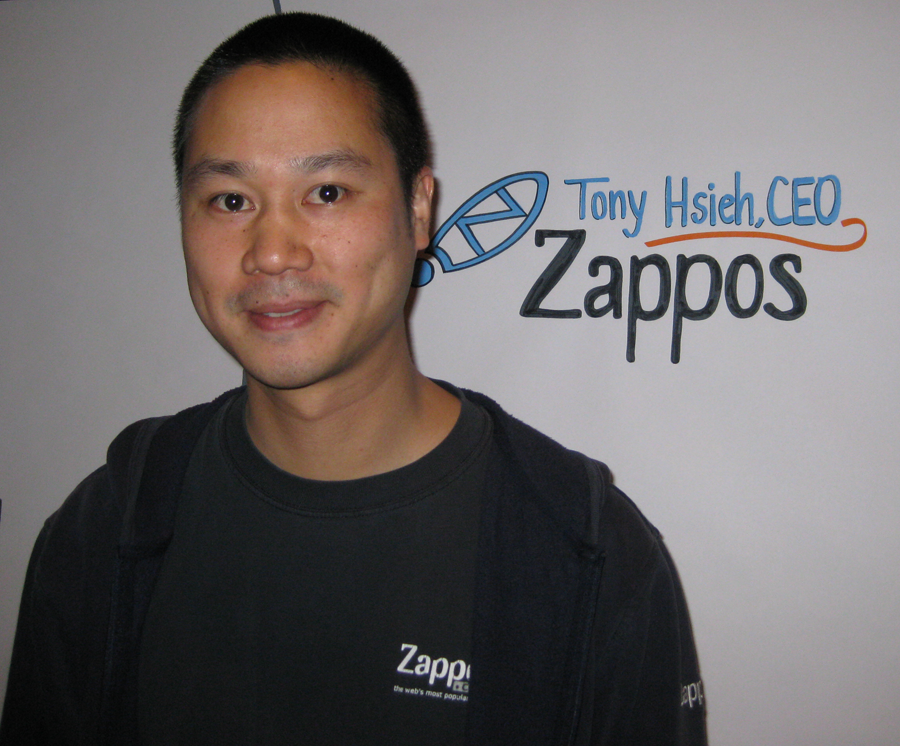
AI Image generated by Nano Banana
“Begin with the End in Mind.” That’s the power of visualisation in a nutshell.
That’s one of the immortal “7 Habits” created by the late motivational guru Stephen Covey as one of his cardinal 7 Habits of Successful People.
However, what happens if you keep imagining all the possible things that can go wrong in your minds? What sort of end would you have?









